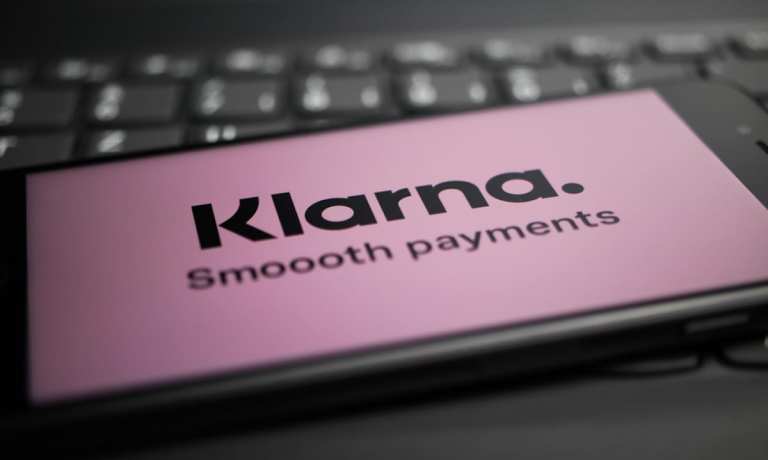Klarna Banks $1B In New Funding As BNPL Competition Heats Up

Swedish buy now, pay later (BNPL) firm Klarna said on Monday (March 1) that it has raised $1 billion in fresh capital, not only providing it with the cash needed to fund its expansion with more retailers, but also lifting the company’s implied valuation to $31 billion amid expectations that it will soon go public.
Klarna’s latest move comes less than two months after the IPO of its BNPL rival Affirm, and underscores its plans to have the U.S. become its largest market by the end of 2021. As it stands, Klarna currently serves more than 90 million consumers at 250,000 retail partners in 17 countries, and facilitated $53 billion in purchases last year.
“Consumers want transparent products to help them bank, shop and pay that reflect the way they live their lives, not just outdated traditional models,” Klarna Co-founder and CEO Sebastian Siemiatkowski said in the company’s press release.
“Klarna is uniquely placed to meet the continued accelerated demand both online and in-store,” the company said, noting its existing partnerships with big-name U.S. brands like Macy’s, IKEA, Etsy, Sephora, Ralph Lauren and Urban Outfitters.
Bring It On
If nothing else, Klarna’s fundraise points to the increasing embrace of installment plan financing by consumers, retailers and investors who are eager to ride the trend to riches. That said, Klarna is far from alone in its efforts to disrupt the traditional banking, digital wallet, credit and debit card businesses, which still control over 90 percent of the online payments market.
Even in the installment plan segment, PYMNTS’ research shows that Klarna is facing formidable competition in the space, including PayPal Credit, Afterpay, American Express’ Pay It Plan It and merchant-offered credit cards. But the Stockholm-based FinTech, which was founded in 2005, is undaunted.
“Klarna enables consumers to shop, pay and bank in a smarter way, designed to fit the lives they lead, not the requirements of the traditional payments and banking industry,” the company said, pointing to the tailwind coming from the ongoing structural shift of consumers actively moving away from revolving credit lines to debit.
Market-Value Metrics
While it is certainly noteworthy that Klarna’s present $31 billion market value makes it larger than Affirm’s ($25 billion), Discover Financial ($28 billion) and Synchrony Financial ($22 billion), the front-line battle in the BNPL business is the ongoing fight to add new customers and merchants in hopes of processing more purchases. According to company data, Klarna currently processes more than two million transactions per day.
The fight to fund purchases is also expanding beyond traditional online shopping or point of sale (POS) use cases. In recent months, in the face of data showing that customers increasingly want BNPL as a payment option, its use has expanded to new areas, including medical and dental procedures, automotive service, vacation rentals and airline tickets.
It’s a trend that was detailed in PYMNTS’ 2020 Holiday Shopping Retrospective study that was published in February. “More consumers also turned to novel payment methods, like QR codes and installment credit, for holiday shopping,” the report said, noting an approximate increase of 50 percent. Although less than 5 percent of consumers reported using such options, the study found that 47 percent upped their usage of installment credit options, one-quarter of which went with PayPal Credit.